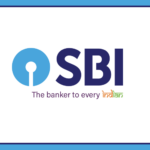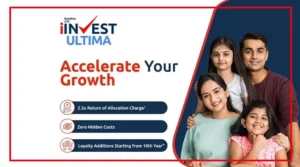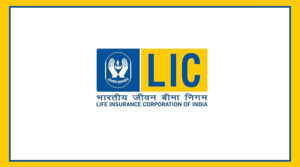Before investing your money in a fixed deposit (FD), it’s important to compare interest rates offered by different banks.
Returns can differ significantly depending on the bank and the tenure of the deposit.
Generally, longer tenures bring higher interest rates, and senior citizens receive additional benefits.
Small Finance Banks Offer the Highest FD Returns
If you’re looking for the best FD rates, small finance banks are leading the pack, especially for senior citizens.
ESAF Small Finance Bank: 8.10% for 444 days
Jana Small Finance Bank: 8.00% for deposits above 2 years up to 3 years, and also for 5 years
Suryoday Small Finance Bank: 8.10% for 5 years
Utkarsh Small Finance Bank: 8.15% for deposits between 2 and 3 years
Among private sector banks, the rates are slightly lower but still competitive.
Bandhan Bank: 7.70% for 2 to less than 3 years
DCB Bank: 7.70% for 37–38 months, plus an extra 0.05% for depositors above 70
RBL Bank: 7.70% for 18 months to 3 years, with an extra 0.25% for super senior citizens
YES Bank: 7.75% for 3 to less than 5 years
Public sector banks offer moderate but stable returns.
Bank of Maharashtra: 7.20% for 366 days
Central Bank of India: 7.25% for 2222 or 3333 days
Indian Bank: 7.20% for 444 days, with 0.25% extra for super senior citizens
Indian Overseas Bank: 7.20% for 444 days, plus 0.25% for those aged 80 and above
Note: Data as of October 22, 2025 (source: Paisabazaar.com).
Understanding FD Tax Rules: What You Should Know
Interest earned from fixed deposits is taxable.
Banks deduct TDS (Tax Deducted at Source) if your annual FD interest crosses a certain limit.
After Budget 2025, the TDS threshold increased to ₹50,000 for general citizens (earlier ₹40,000) and ₹1 lakh for senior citizens.
For example, Pankaj, a 28-year-old from Delhi, earns ₹75,000 a year in FD interest.
The taxable amount is ₹25,000 (since ₹50,000 is exempt).
A 10% tax applies on the excess, meaning ₹2,500 will be deducted as TDS.
However, if his total income is below ₹2.5 lakh, no further tax is due.
To avoid TDS altogether, depositors whose income falls below the taxable limit can submit Form 15G (for general citizens) or Form 15H (for senior citizens) at the start of the financial year.
Key Takeaway
Senior citizens get the best returns by opting for longer-term FDs with small finance banks.
Meanwhile, younger investors can save on taxes by submitting the right forms and keeping an eye on updated FD rates before investing.

























